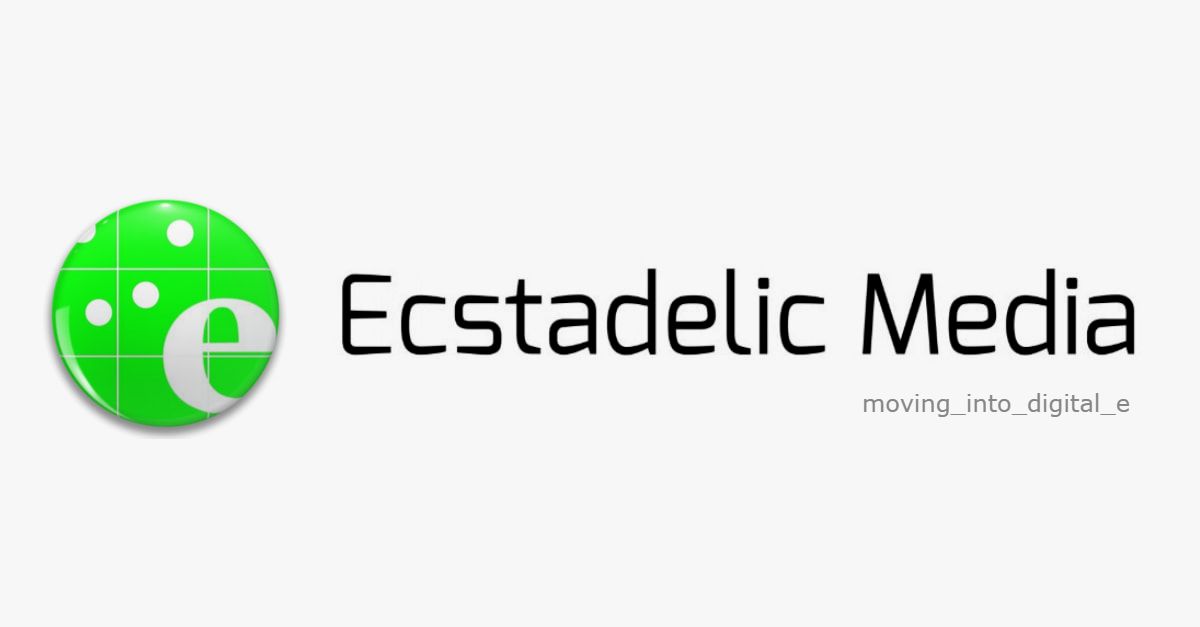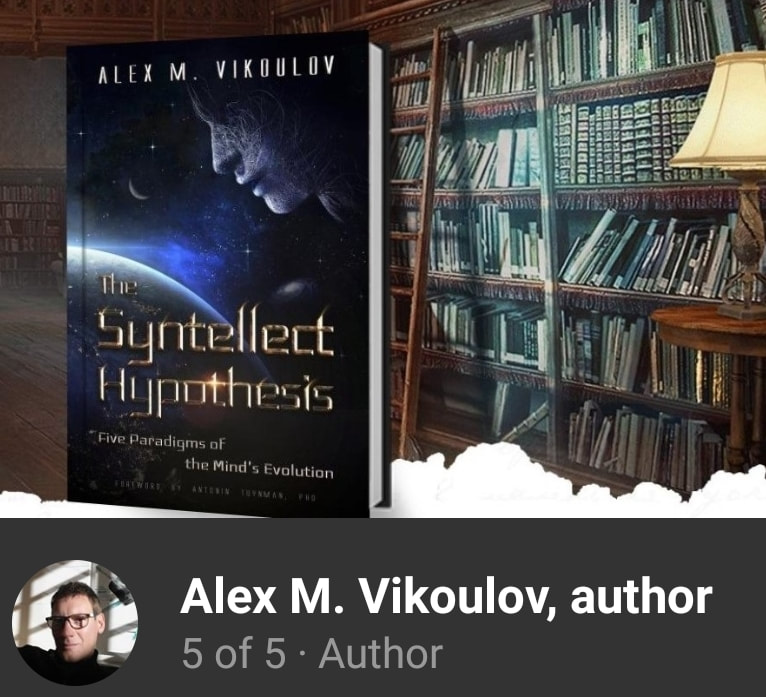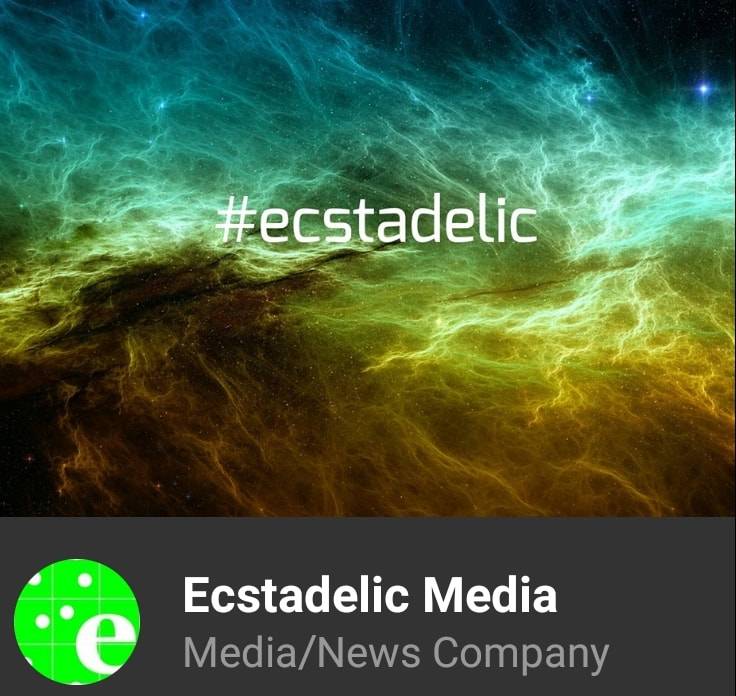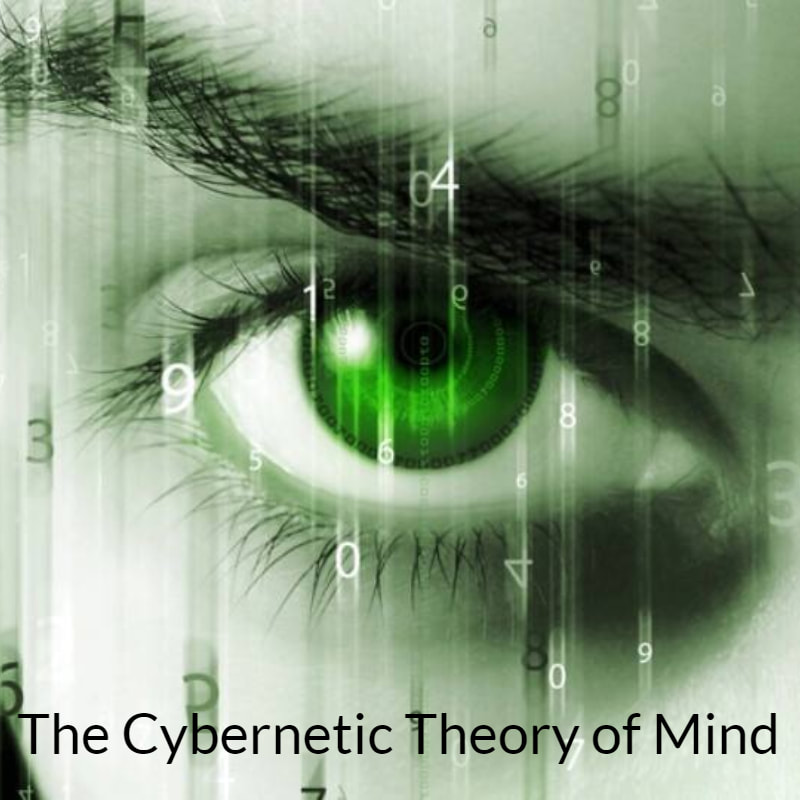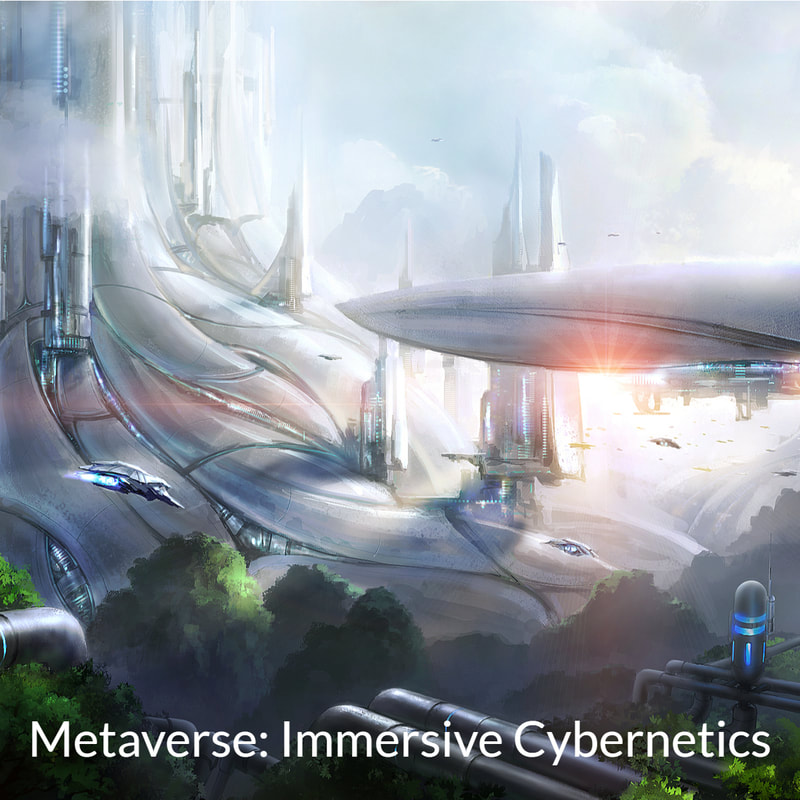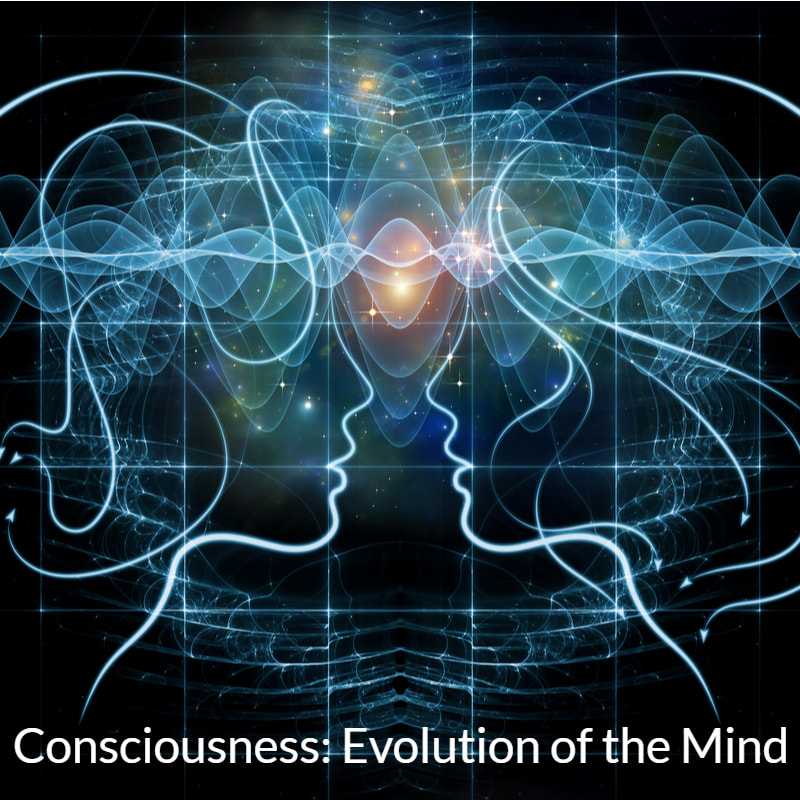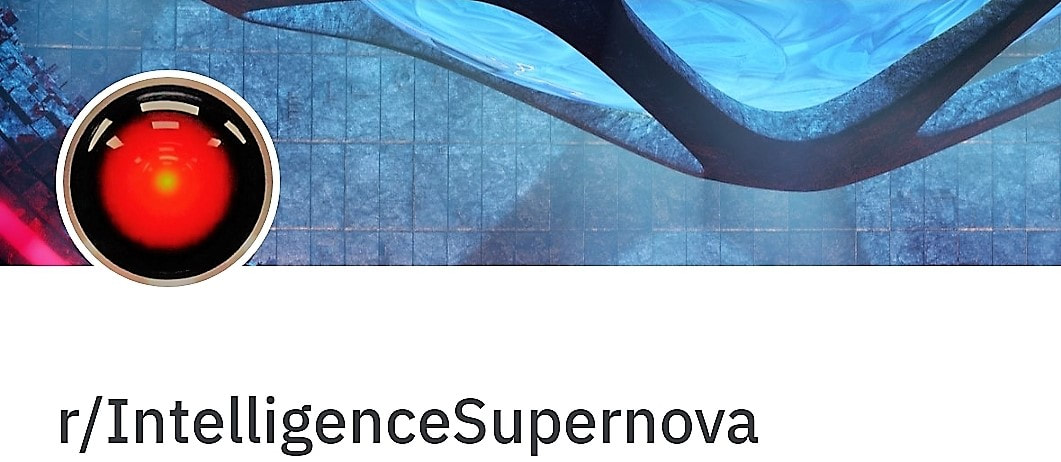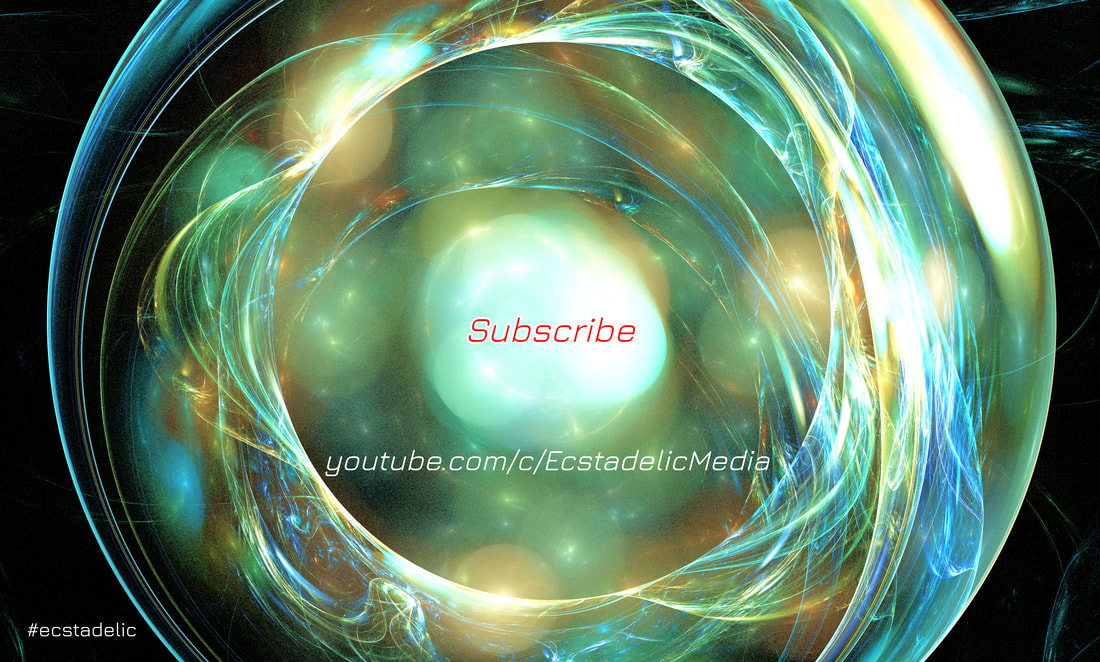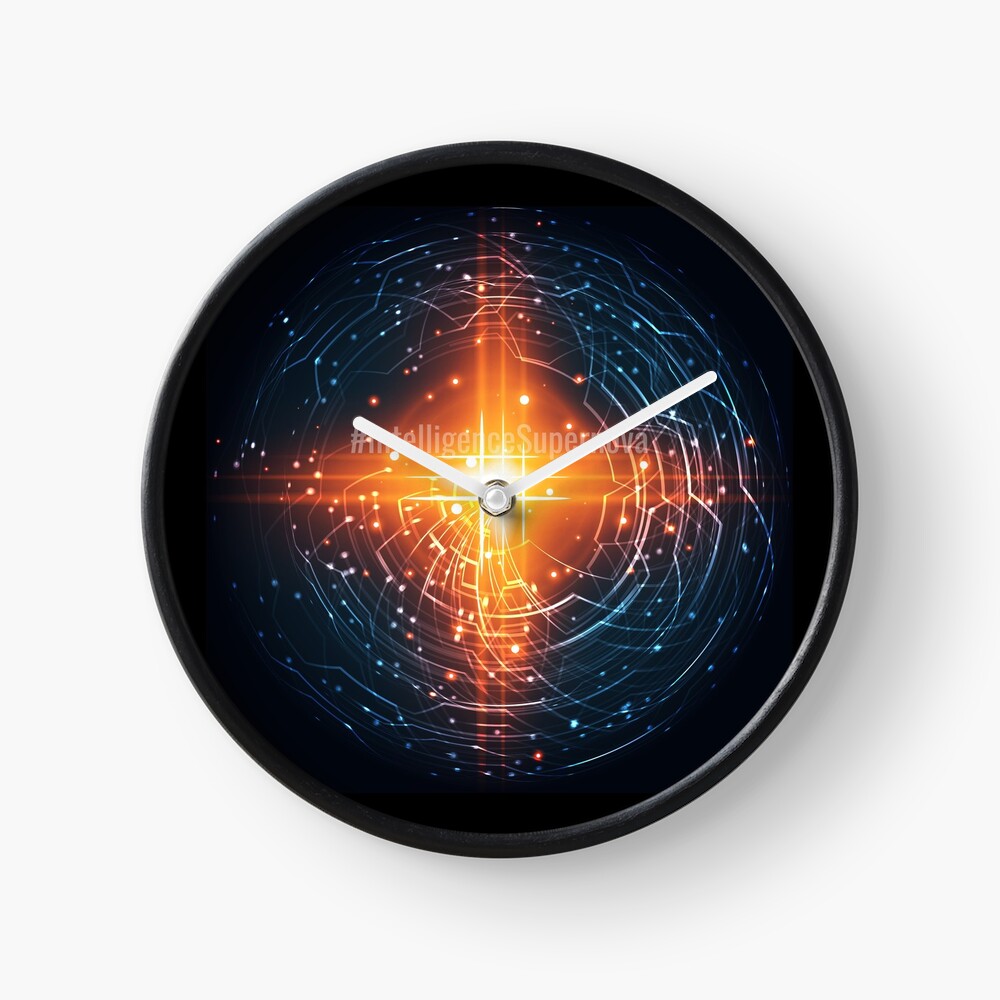|
by Alex Vikoulov [Posted July 1, 2019 3.50 pm PST] Physicists Paweł Caputa at Kyoto University and Javier Magan at the Instituto Balseiro of Argentina publish their paper on the curious link between quantum computation and gravity I call it synchronicity -- just days after posting my article "Love is the glue that holds the Universe together, literally" (which was supposed to be a poetic deviation excerpted from The Syntellect Hypothesis), I come across yet another hard theoretical confirmation for the not-so-poetic universal principle related to quantum gravity. That was delivered in the new paper "Quantum Computation As Gravity" by physicists Paweł Caputa at Kyoto University and Javier Magan at the Instituto Balseiro, Centro Atómico de Bariloche in Argentina that has been published in a recent issue of Physical Review Letters. Information and gravity may seem like completely different things to a layperson, but in the eyes of a physicist they have one important thing in common -- they can both be described in terms of geometry. Basing on this connection, this new paper implies that gravity sets the rules for optimal quantum computation. Information, be it classical or quantum, is directly related to geometry. In the field of computational complexity, problems are said to be more efficiently solved when the cost, i.e. computational resources, is minimized. In 2006, Michael Nielsen has shown that computational costs can be estimated by distances in the manifold of allowed unitary operations. This means that minimizing computational costs is equivalent to finding minimal "geodesics," which are the shortest possible distances between two points on a curved surface. This geometric approach suggests that gravity could be applied in estimating computational complexity and identifying the most optimal algorithms for solving problems via quantum computation. Naturally, the work is challenging, and researchers are still trying to propose a universal description of "complexity" in holographic models related to quantum gravity, in particular, conformal field theory. “This connection between quantum complexity and coadjoint orbit actions is one of the main results of our work and allows for generalizations of our story to coherence groups in arbitrary quantum field theories,” write the authors in their paper. Currently, there are many other competing proposals, such as the models of Emergence Theory, for laying the foundations in this area. -Alex Vikoulov READ MORE: https://phys.org/news/2019-06-optimal-quantum-linked-gravity.html [Phys.org] References: Paweł Caputa and Javier M. Magan. "Quantum Computation as Gravity." Physical Review Letters. DOI: 10.1103/PhysRevLett.122.231302 Keywords: Complexity Geometry, Emergent Gravity, Optimal Algorithms, Quantum Computation, Syntellect Hypothesis, Quantum Computation As Gravity, Paweł Caputa, Javier Magan, Physical Review Letters, information, gravity, geometry, optimal quantum computation, quantum information, computational complexity, computational resources, Michael Nielsen, computational costs, geodesics, holographic models, quantum gravity, conformal field theory, quantum complexity, quantum field theories, Emergence Theory, differential geometry.
Image Credit: Shutterstock Follow us ↴
0 Comments
Leave a Reply. |
Disclaimere_News™ delivers the most urgent News of the Day that we find relevant to the main theme of EcstadelicNET such as a new, cutting-edge scientific research, technological breakthroughs and emerging trends. Some material may be fully or partially from outside sources. The Top Stories section, on the other hand, contains only original content written by affiliated authors. Take me to Top Stories. Categories
All
The Cybernetic Theory of Mind by Alex M. Vikoulov (2022): eBook Series
The Syntellect Hypothesis: Five Paradigms of the Mind's Evolution by Alex M. Vikoulov (2020): eBook Paperback Hardcover Audiobook The Omega Singularity: Universal Mind & The Fractal Multiverse by Alex M. Vikoulov (2022): eBook THEOGENESIS: Transdimensional Propagation & Universal Expansion by Alex M. Vikoulov (2021): eBook The Cybernetic Singularity: The Syntellect Emergence by Alex M. Vikoulov (2021): eBook TECHNOCULTURE: The Rise of Man by Alex M. Vikoulov (2020) eBook NOOGENESIS: Computational Biology by Alex M. Vikoulov (2020): eBook The Ouroboros Code: Reality's Digital Alchemy Self-Simulation Bridging Science and Spirituality by Antonin Tuynman (2019) eBook Paperback The Science and Philosophy of Information by Alex M. Vikoulov (2019): eBook Series Theology of Digital Physics: Phenomenal Consciousness, The Cosmic Self & The Pantheistic Interpretation of Our Holographic Reality by Alex M. Vikoulov (2019) eBook The Intelligence Supernova: Essays on Cybernetic Transhumanism, The Simulation Singularity & The Syntellect Emergence by Alex M. Vikoulov (2019) eBook The Physics of Time: D-Theory of Time & Temporal Mechanics by Alex M. Vikoulov (2019): eBook The Origins of Us: Evolutionary Emergence and The Omega Point Cosmology by Alex M. Vikoulov (2019): eBook More Than An Algorithm: Exploring the gap between natural evolution and digitally computed artificial intelligence by Antonin Tuynman (2019): eBook Editor-in-ChiefAlex M. Vikoulov is a futurist, evolutionary cyberneticist and philosopher, editor-in-chief at Ecstadelic Media Group, filmmaker, essayist, author of many books, including the 2019-2020 best-seller "The Syntellect Hypothesis: Five Paradigms of the Mind's Evolution." Our Public Forums
Our Custom GPTs
Alex Vikoulov AGI (Premium*)
Be Part of Our Network! *Subscribe to Premium Access Make a Donation Syndicate Content Write a Paid Review Submit Your Article Submit Your Press Release Submit Your e-News Contact Us
|


